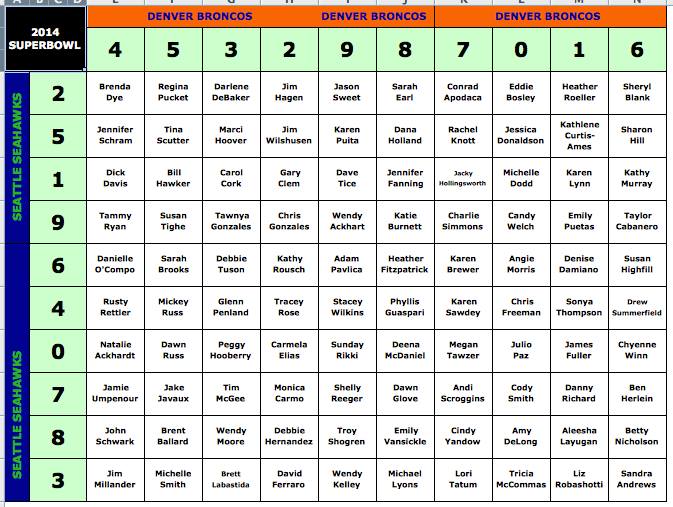"We the People of the United States, in Order to form a more perfect Union, establish Justice, insure domestic Tranquility, provide for the common defense, promote the general Welfare, and secure the Blessings of Liberty to ourselves and our Posterity, do ordain and establish this Constitution for the United States of America."
These 52 words were presented to the Constitutional Convention by the "Committee on Style" and adopted to be what we call the Preamble to the Constitution. It is as good of a place to start our study of the United States Constitution as any. While there is debate as to the use of the Preamble to establish law and or structure of American government, it is clearly an attempt to set the tone and explain what the document is, how it is to be viewed and the what the document is intended to be and do.
1) "We the People of the United States..." The first seven words show us the class of people who this document applies to... There were several drafts of this portion of the Constitution including "We the people of the various states" as is used in the Articles of Confederation and there was" or "We the People of the various states" and "The People of the united States... (listing them)" as was used in the Treaty of France. It is commonly noted that the drafters did not know how many States would sign on so listing them was a bad idea. The choice of the novel previously unused phrase "We the People of the United States" creates the existence of an actual Nation of people called the United States... Note that they capitalized the phrase "United States" making it an entity on its own. The States are not even mentioned in the preamble.
2) "In Order to form a more perfect Union" - The reason the Constitution was written, and to establish its supremacy over the previous Government created by the Articles of Confederation.
3) "This Constitution..." is also another important phrase, establishing that this is it, the entirety of what is to be considered The Constitution, establishing that it was to be this single document as distinguished from what English Government calls its Document which is a series of Writings and Documents cobbled together to establish the form and structure of their government. The single document Constitution was a novel idea for these former English Subjects.
4) Particularly interesting is the actual power the "Preamble" has had when interpreting the Constitution of the United States, the Supreme Court has used it to illustrate the intent of the framers as to what powers they actually intended to give with the subsequent Articles. In, Berman v. Parker, 348 US 26 (1954) the Court held that the term "promote the general welfare.." illustrates that the writers intended to give the Federal Government powers that enabled them to promote the general welfare, in that case use the right of eminent domain.






